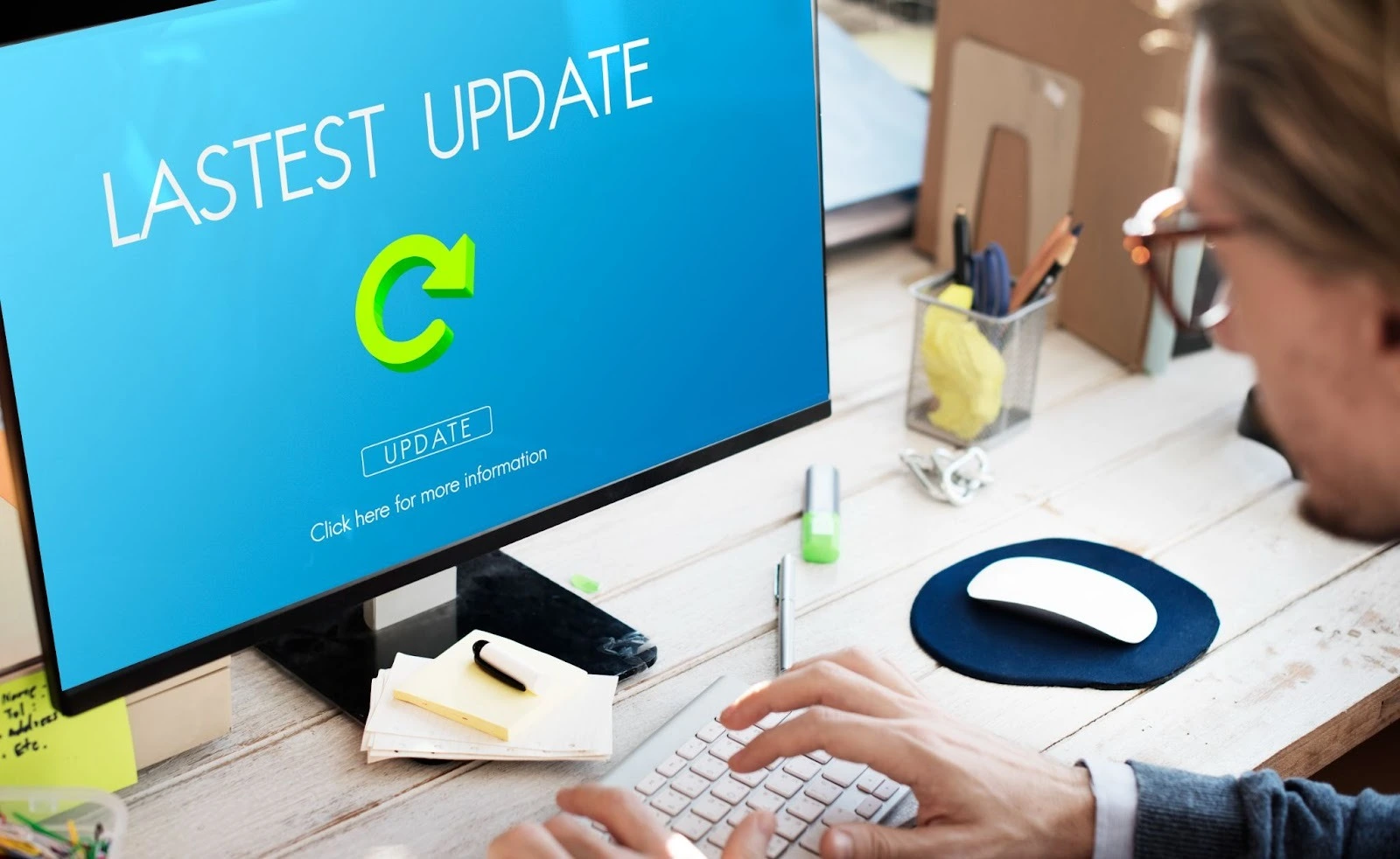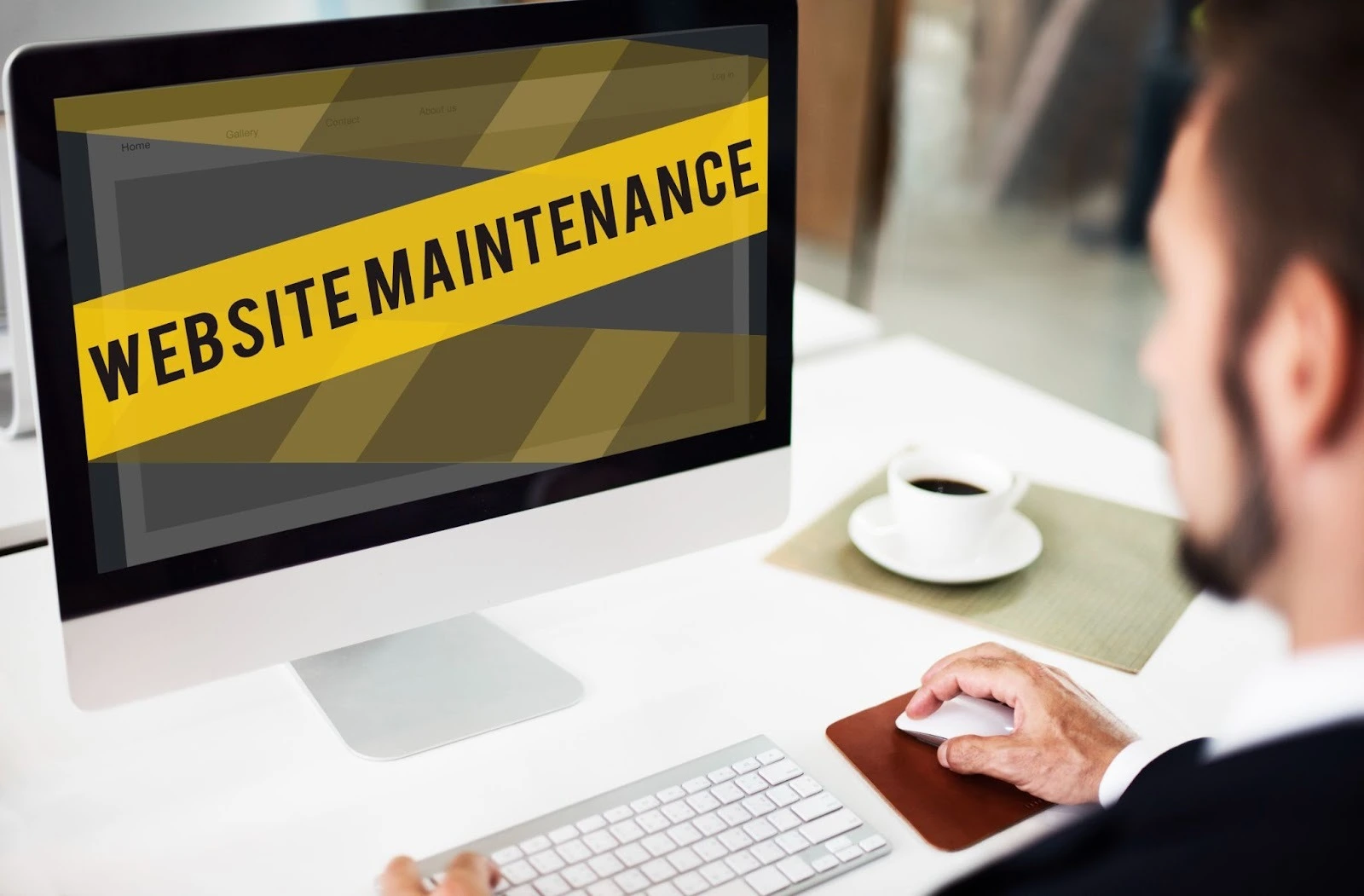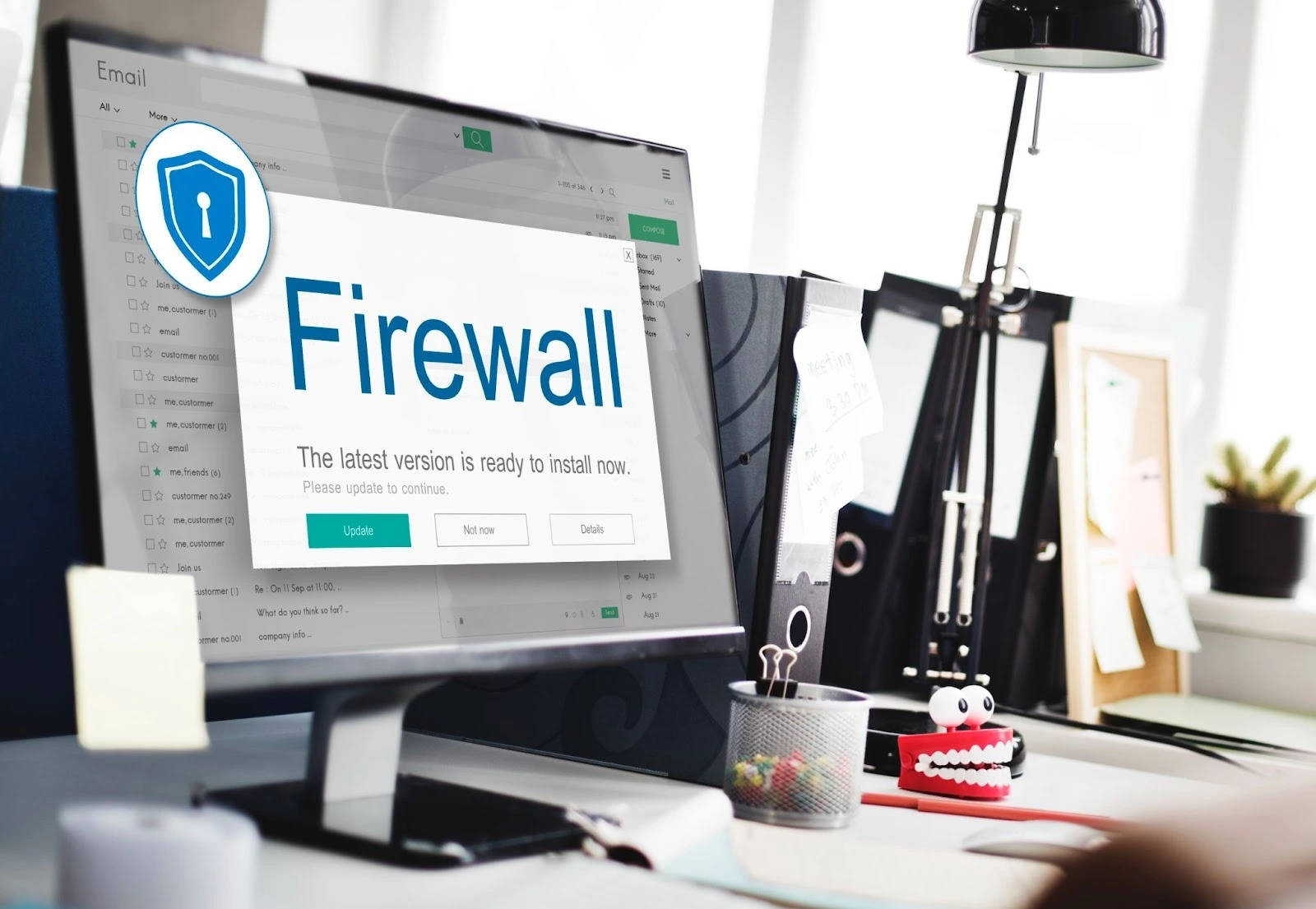Drupal 7 has served for over ten years as an excellent CMS for thousands of websites in all sectors. But with rapid advancement in technology, the old systems quickly become obsolete and the businesses need to upgrade to newer systems that not only have all the security measures implemented but also perform better.
Since Drupal 7 will reach its End-of-Life (EOL) in January 2025, site owners need to act quickly to avoid security vulnerabilities, compliance problems, and performance bottlenecks. In this blog, we are going to talk about the major reasons why Drupal 7 migration is not optional anymore and it is vital to move to the latest version.
No More Security Updates & Support
Staying on Drupal 7 after its EOL poses one of the biggest risks: the lack of security updates. Therefore, the longer you use an outdated version of Drupal, the more endangered your website is to malware, security vulnerabilities, and hacking attacks.
- No security patches to protect you from future threats
- They can encode insecure CMS systems with well-documented flaws.
- So, you have businesses working with sensitive data (GDPR, HIPAA, etc.) that run into compliance issues.
Should you continue using Drupal 7 after January 2025, you will rely upon third-party security solutions which are less expensive than official updates—and less reliable, too.
Incompatibility with Modern Web Technologies
Drupal 7 was based on legacy PHP versions, old libraries, and an imperative programming paradigm. You are built upon old web technologies, which makes it challenging to integrate with newer frameworks, APIs, tools, etc.
- You can also expect smoother upgrades such as PHP 8.1+, Symfony 6, and support for Twig templates.
- Drupal 10 supports RESTful APIs, GraphQL, and headless CMS architecture enjoyed by modern applications out of the box.
- Drupal 7 significantly limits any integration capabilities with payment gateways, third-party CRMs, and marketing automation tools.
It will lose flexibility which will ultimately lead to more money spent on maintaining the site instead of innovating to keep up with the market trends.
Bad Performance and Scalability on the Website
An old system like Drupal 7 can slow down your website and as speed and performance are critical factors in SEO rankings and user experience, your website needs to be updated to stay relevant to your audience.
- Without built-in caching mechanisms contributing to longer load times and server resources.
- Relevance: With outdated database structures, you have slow queries and lower performance.
- Page speed & UX enhancements in Drupal 10: leveraging BigPipe and lazy-load images.
Migrating to Drupal 10 proves to be more scalable, optimizes load times, and effectively manages high traffic.
Standards for Responsive and Mobile-First Design
Today’s web world makes mobile-first design mandatory. Google has updated its search algorithm to favor mobile-friendly sites in rankings and Drupal 7 does not have built-in responsive theming.
- The Olivero frontend theme, a fully responsive, mobile-first theme designed for accessibility.
- Improved SEO rankings and user engagement through better mobile performance.
- Modern CSS frameworks console support (Bootstrap 5, Tailwind CSS).
If your site is on Drupal 7, it might not render well on various devices this can result in a bad mobile experience and lower conversion.
Costly Maintenance & Higher Development Expenses
An old system is expensive to maintain. That means more time needed to fix compatibility issues, patch security holes, and address performance bottlenecks in Drupal 7.
- Less Drupal 7 development support: This drives up development costs.
- No official document updates, making bug fixes more difficult.
- Modern hosting environments are optimized for newer PHP versions.
Final Remarks: When to Migrate? NOW!
Considering that Drupal 7 is being retired in January 2025, delaying your migration might be nothing short of putting your site at serious risk around security loopholes, incurring extra unnecessary costs, and losing growth opportunities.
Website Migration to Drupal latest version: The Best Way to Future-Proof Your Online Presence and Boost Performance. Time to plan that migration if you're still on Drupal 7?
Want assistance with your Drupal migration?








Comments